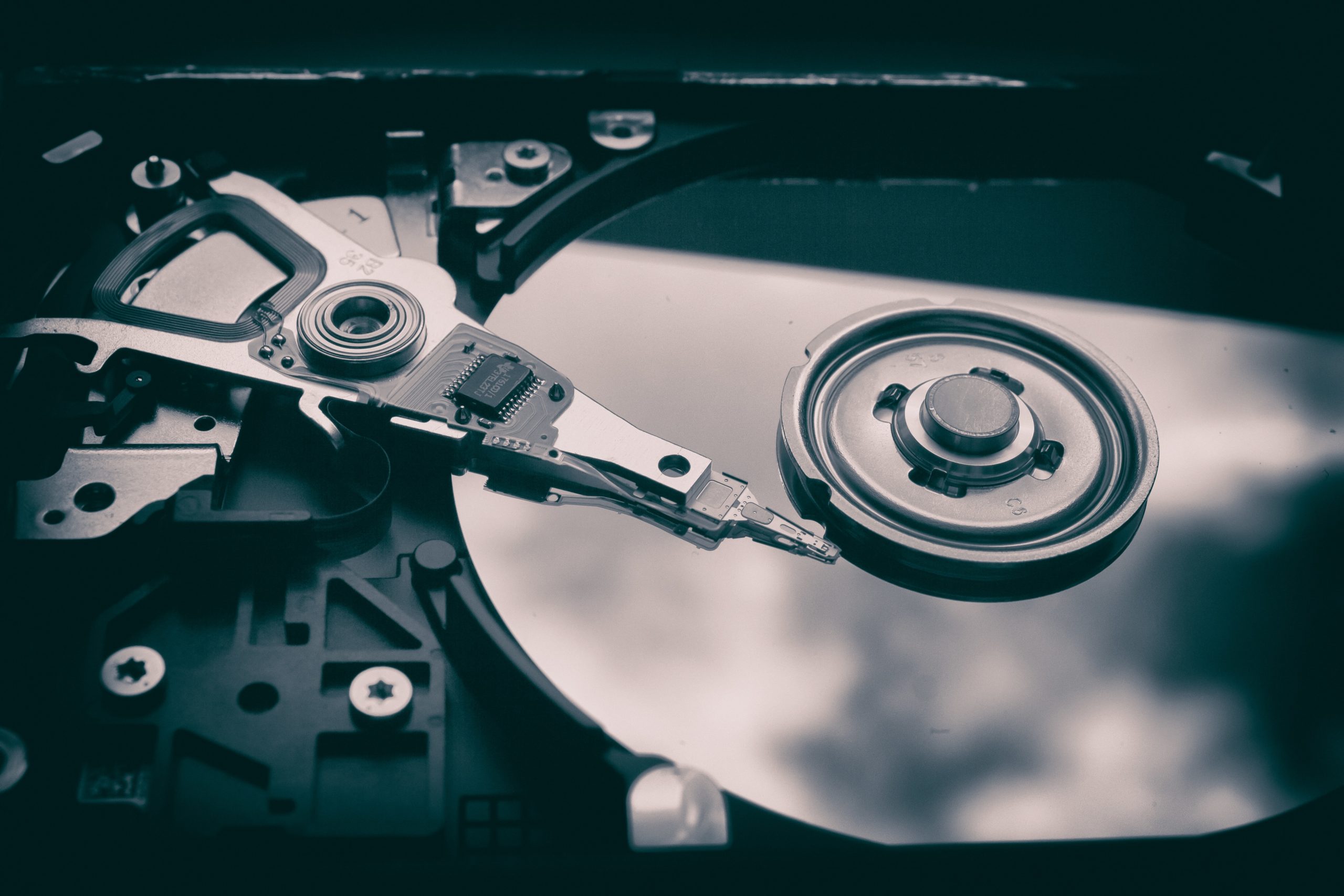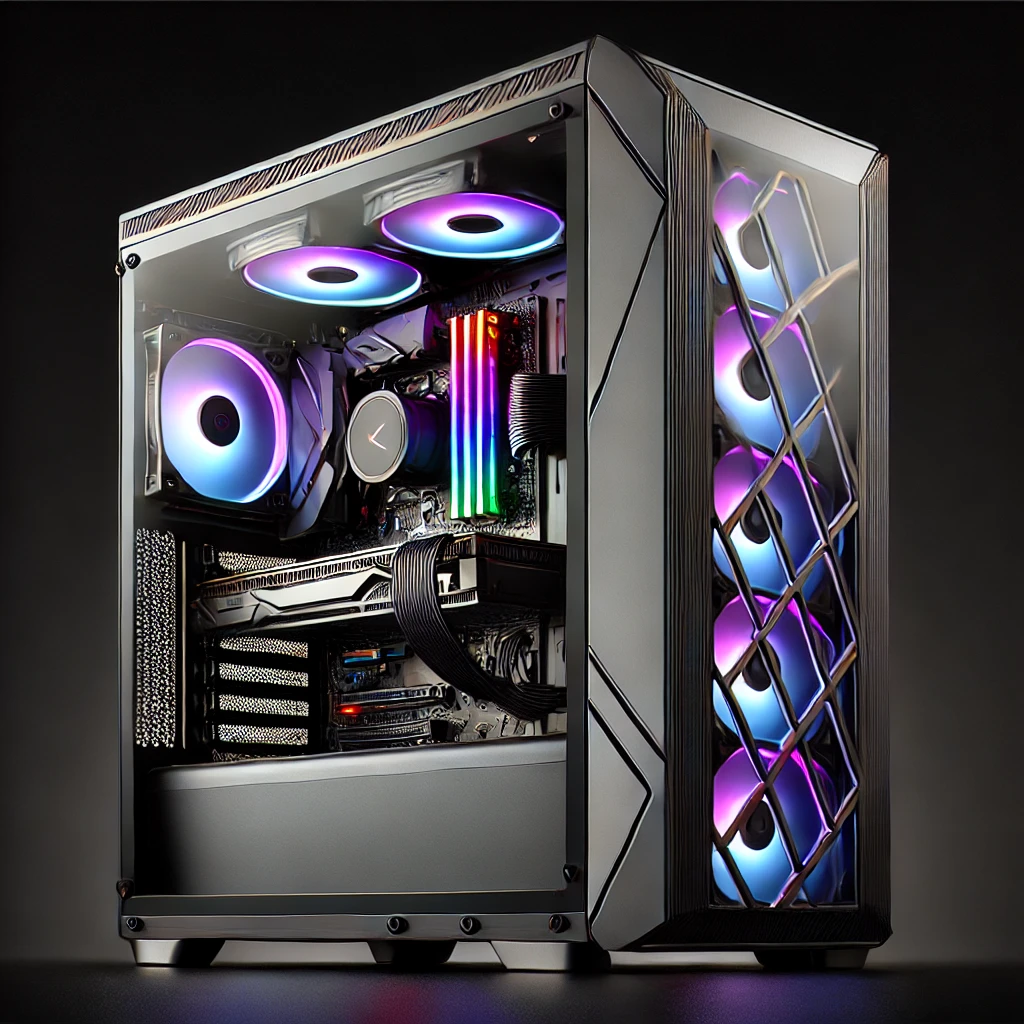Your cart is currently empty!

In today’s digital age, the value of data cannot be overstated. From precious family photos to critical business documents, our digital footprint is both extensive and vital. This is where the importance of external hard drives comes into play. Whether you’re a tech-savvy individual or someone who just wants to make sure their data is secure, understanding the role of external hard drives and knowing what to look for when purchasing one is essential.
Why External Hard Drives are a Must-Have
Backup Bliss: The primary reason to invest in an external hard drive is for backup. In the event of a computer crash or virus attack, having a backup of your data can save you from significant stress and loss.
Portability Power: External hard drives offer the convenience of portability. With your data stored on an external device, you can access your files from anywhere, on any computer, making it a breeze to work from different locations or share large files with others.
Expansive Storage: As files get larger and digital collections grow, internal computer drives can quickly become full. External hard drives provide an easy solution to expand your storage capacity without the need to replace your computer’s internal drive.
What to Look For in an External Hard Drive
When shopping for an external hard drive, consider the following key factors to ensure you make a choice that suits your needs:
1. Storage Capacity: Think about how much space you’ll need. Storage options typically range from 256GB to several terabytes (TB). If you deal with large files or want to back up your entire computer, look for drives with higher capacity.
2. Transfer Speed: The transfer speed determines how quickly you can move files to and from the drive. USB 3.0 and USB-C connections offer faster speeds compared to USB 2.0. For even quicker data transfer, consider a drive with Thunderbolt technology.
3. Portability and Durability: If you plan to carry your drive around, look for compact, lightweight models. For added protection, some drives come with rugged casings that are water, dust, and shock-resistant.
4. Compatibility: Ensure the drive is compatible with your operating system (Windows, macOS, Linux). Some drives come pre-formatted for a specific OS, though they can usually be reformatted for use with others.
5. Price: External hard drives come in a range of prices, often reflecting their storage capacity and transfer speeds. Determine your budget while considering the above factors to find the best value for your needs.
6. Security: If you’re storing sensitive information, consider a drive with built-in encryption and password protection to keep your data secure.
Conclusion
Investing in an external hard drive is a wise decision for anyone looking to protect and manage their digital data. By considering your storage needs, desired transfer speed, portability, compatibility, price, and security needs, you can find the perfect drive to keep your data safe and accessible.
Discover more from LithGeek Custom Gaming Computers
Subscribe to get the latest posts sent to your email.
by
Tags:



